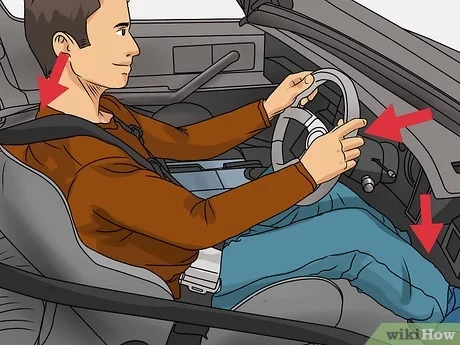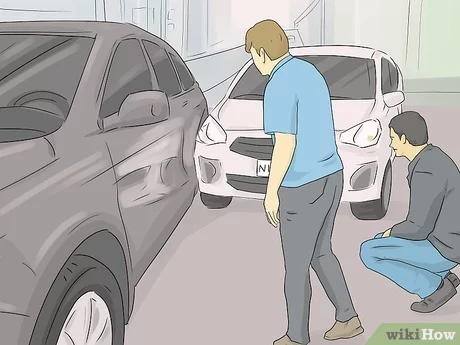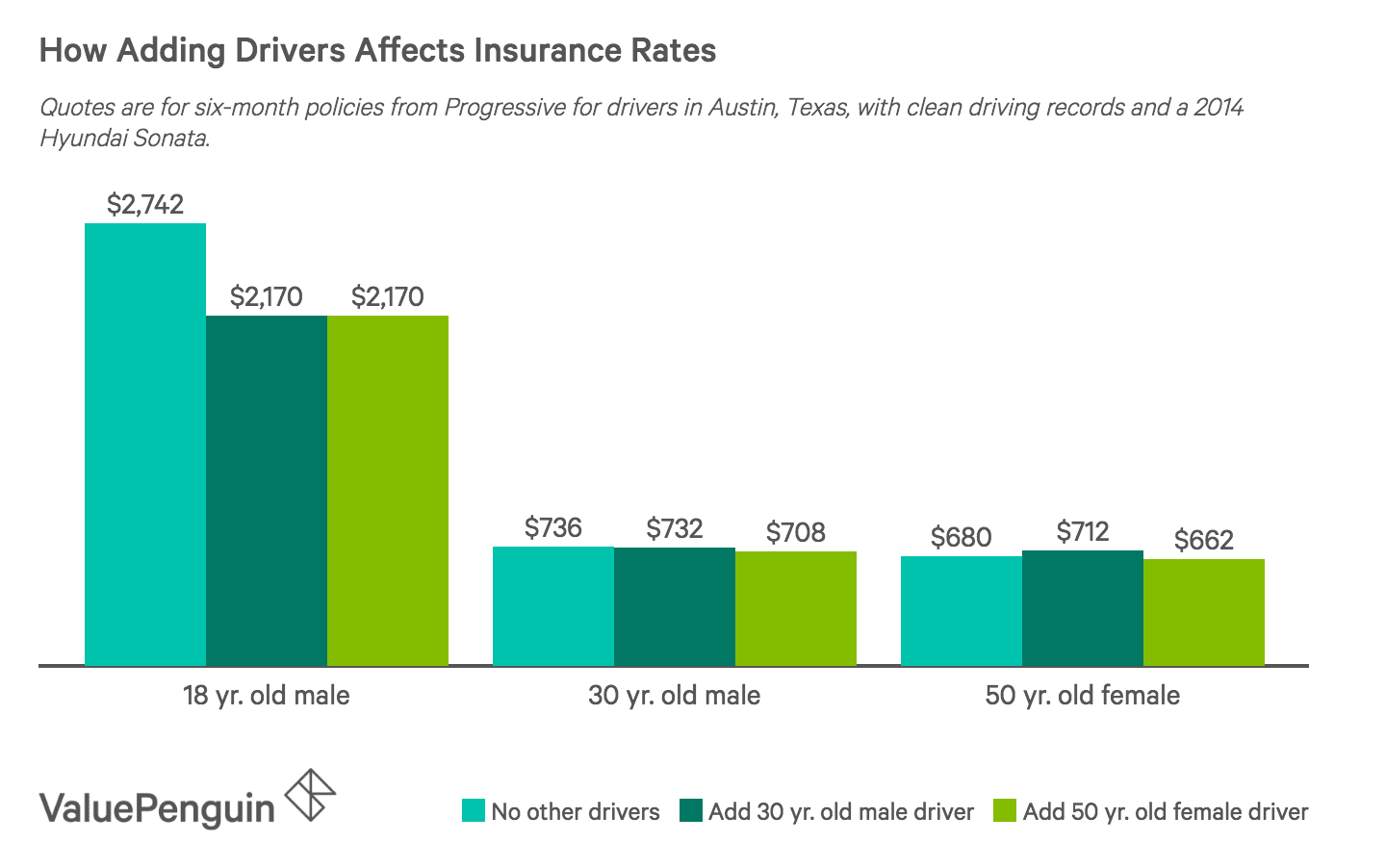How to Sell a Car of a Deceased Person
To sell a car belonging to a deceased person, first obtain the legal authority through probate. Transfer the title by submitting the required documentation to your state’s DMV.
Selling a vehicle after a loved one has passed away can be emotionally challenging and legally complex. It is essential to ensure all paperwork is in order, which typically means having the car’s title transferred to your name before initiating a sale.
This process involves probating the deceased’s estate, which is often necessary to establish legal ownership. As part of the estate settlement, you may need to present a death certificate, a will naming you as the executor or beneficiary, and court documents granting you authority to manage the deceased’s assets. Understanding your state’s specific requirements for transferring automobile ownership post-mortem is crucial. This introduction sets you on the right path to navigate the procedural aspects of selling a car that once belonged to someone who is now deceased, ensuring the transaction unfolds smoothly and legally.

Credit: www.carwow.co.uk
Navigating Legal Requirements
Navigating the legal requirements to sell a car after an owner has passed away can feel daunting. The process involves several critical steps to ensure the transfer occurs within legal boundaries. Knowing where to begin simplifies the task and keeps it manageable. This guide highlights the essential documentation you’ll need and unpacks the process of probate and vehicle ownership transfer.
Obtaining The Necessary Documentation
The first step is gathering all required documents. The list varies by region but typically includes:
- Death Certificate: A certified copy confirms the passing of the owner.
- Title of the Vehicle: This proves ownership and is vital for transfer.
- Probate Documents: These authorize the sale if the car is part of an estate.
- Letter of Administration: This is needed if no will exists.
Find these documents early to avoid delays in the sale process.
Understanding Probate And Vehicle Ownership Transfer
Probate is the legal process wherein an estate gets settled under court supervision.
A simplified view of this process includes:
- Filing a petition for probate.
- The court appoints an executor or administrator.
- The executor manages estate assets, including vehicles.
- After debts are paid, the vehicle can be sold or transferred.
Always consult a probate attorney to navigate these steps. Once probate closes, transfer the vehicle using proper forms from your local DMV. Include a bill of sale and update the title with the new owner’s information. This legal transfer is essential to finalize the sale.
Preparing The Car For Sale
Selling a car after a loved one has passed can feel overwhelming. But with the right preparation, you can streamline the process. Let’s look closely at how to prepare the car for sale, ensuring it meets legal requirements and appeals to potential buyers.
Evaluating The Vehicle’s Condition
Kick-start the sale process by assessing the car’s condition. Firstly, check for any major issues. Next, examine the engine, brakes, tires, and lights. Document the findings. Your honesty builds trust with buyers.
Thorough Cleaning And Minor Repairs
Cleanliness can make or break a sale. Begin with a deep clean, inside and out. Take the car for a professional detailing if possible. Address minor repairs such as patching up scratches or fixing loose hinges to boost the car’s appeal.
Gathering Service Records And Warranty Information
Complete service records signal a well-maintained vehicle. Organize all documents related to the car’s history. This includes service logs, receipts, and warranty papers. Potential buyers will appreciate the transparency and detail.
Determining The Value Of The Vehicle
Selling a car from the estate of a loved one involves several steps, the first of which is determining its value. With emotional and legal considerations in play, establishing an accurate selling price ensures fairness and satisfaction for all parties. Here’s how to assess the value of the vehicle effectively.
Researching Market Prices
Start with online research to understand the car’s worth. Many websites list prices for used cars. Consider factors like make, model, year, mileage, and condition. Use comparison tools and check listings for similar vehicles.
- Visit popular car sale websites for price ranges.
- Look for identical models selling in your area.
- Analyze how options and mileage affect value.
Consulting With Appraisers Or Dealerships
Seeking a professional opinion can provide an accurate valuation. Contact local appraisers or dealerships for a comprehensive appraisal. They factor in the vehicle’s condition and market trends.
- Schedule appointments with professional appraisers.
- Take the car to several dealerships for quotes.
- Collect and compare the evaluations.
Setting A Realistic Selling Price
After gathering data, set a selling price that is competitive yet fair. Be realistic in pricing, considering the sentimental value does not equate to market value. Aim for a balance between a quick sale and a fair return.
| Source | Estimated Value | Notes |
|---|---|---|
| Online Research | $X,XXX | Comparable Sales |
| Professional Appraisal | $X,XXX | In-depth Analysis |
| Dealership Quotes | $X,XXX | Instant Cash Offer |
Consider the highest and lowest estimates and aim for a middle ground. Highlight the car’s selling points and price it slightly higher, allowing room for negotiation.
Marketing The Vehicle Effectively
Marketing a vehicle after a loved one’s passing requires tact and respect. A strategic approach ensures the car reaches potential buyers while honoring the memory of the deceased. Highlight the car’s value and generate interest with targeted marketing strategies.
Writing A Compelling Advertisement
The first step in marketing the car is to craft an engaging ad. Begin with key details about the vehicle: make, model, year, and mileage. Highlight unique features and recent maintenance. Be honest about the condition; transparency builds trust. Emphasize the car’s best attributes to capture attention. Use short and impactful sentences to keep the reader engaged.
Choosing The Right Platforms To Advertise
- Select platforms carefully. Popular online marketplaces reach a broad audience. Consider local classifieds for community-focused selling.
- Utilize social media for additional exposure. Groups dedicated to car sales are optimal.
- Pick specialized forums if the vehicle is unique or collectible.
Showcasing The Vehicle Through Quality Photographs
Excellent visuals entice buyers. Capture the vehicle from various angles in good lighting. Interior shots should highlight cleanliness and features. Don’t forget the engine and tires, which savvy buyers will want to see. Use a decent camera or smartphone for crisp images. Arrange photos to tell a story, leading with the most striking angle.
Communication And Negotiation With Potential Buyers
Selling a car after a loved one has passed away can be a delicate process. Effective communication and savvy negotiation with potential buyers are crucial. When handling inquiries, viewings, and negotiations, it’s important to remember that clarity, respect, and professionalism are key to a smooth transaction.
Responding To Inquiries
As buyers reach out with questions, timely and detailed responses build trust. Use these tips for maintaining professionalism:
- Answer promptly: Quick replies signal a serious seller.
- Provide accurate information: Ensure details about the car are precise.
- Be transparent: Share the car’s history and condition openly.
Arranging Viewings And Test Drives
Setting up appointments for potential buyers to see the car is the next step. Adhere to these practices:
- Agree on a meeting time and location that is safe and convenient.
- Prepare the car: Clean it and have all paperwork ready.
- Supervise the test drive to answer any questions on the spot.
Negotiating The Sale Professionally
When it’s time to discuss price, maintain a professional demeanor. Follow these strategies for smooth negotiations:
| Do | Don’t |
|---|---|
| State your asking price clearly. | Begin with an unrealistic price. |
| Listen to the buyer’s offer respectfully. | Dismiss any offer without consideration. |
| Explain your pricing with evidence, like market value or recent maintenance. | Justify your price based on emotional attachment. |

Credit: trustandwill.com
Finalizing The Sale
Selling a car after a loved one has passed brings unique challenges. One of the most crucial phases is finalizing the sale. This involves paperwork, payment, and legal steps. Success lies in attention to detail, ensuring a smooth process. Let’s explore how to tackle these final stages.
Completing The Required Paperwork
Before the sale, collecting the correct documents is key. Here’s a checklist:
- The vehicle’s title, signed by the executor of the estate.
- A copy of the death certificate.
- A probate court order, if required.
- Bill of sale, fully completed.
- Odometer disclosure statement, for transparency.
Ensure each form’s accuracy to prevent legal hiccups.
Securing Payment
Receiving payment demands caution and correctness. Consider these tips:
- Agree on a payment method, prioritizing safety and traceability.
- Bank checks or electronic transfers are best. These provide secure records.
- Complete the transaction in a bank for added security.
Once payment is confirmed, both parties can sign the bill of sale.
Transferring Ownership And Notifying The Dmv
The final step is legally transferring ownership. This involves:
- Signing the title over to the buyer.
- Recording the sale with the DMV. Many states require immediate notification.
- Providing the buyer with a temporary registration permit, if needed.
Check with your local DMV for specific guidelines and forms. It ensures a binding and legal sale.

Credit: www.elderneedslaw.com
Frequently Asked Questions On How To Sell A Car Of A Deceased Person
What If My Husband Passed Away And The Car Is In His Name?
To transfer the car title after your husband’s passing, contact your local DMV for the required documents and procedure. You’ll likely need the death certificate, your identification, and possibly probate forms.
How Do You Transfer A Car Title When The Owner Is Deceased In Mn?
To transfer a car title in Minnesota when the owner has passed away, obtain a death certificate, complete a title application, and submit it to the DMV with the required fees. If the estate is probated, also provide legal documents showing the vehicle’s transfer.
Does A Car Have To Go Through Probate In Texas?
In Texas, a car may require probate to transfer ownership unless it is titled with a transfer-on-death (TOD) beneficiary or is joint tenancy with right of survivorship.
How To Transfer A Car Title From A Deceased Family Member In Texas?
To transfer a car title in Texas after the owner has died, obtain the death certificate and fill out Form VTR-262 and Form 130-U. Secure a court order if needed. Submit forms to the TX DMV with a valid ID and payment for fees.
Conclusion
Navigating the process of selling a car after a loved one has passed can be challenging. By following the steps outlined, such as securing the proper paperwork, establishing ownership and dealing with potential buyers with sensitivity, you will streamline the transaction.
Remember to consult a professional if you encounter any legal obstacles. Selling the vehicle not only turns it into an asset for the estate but also honors the memory of the departed by ensuring their car is passed on with care.






